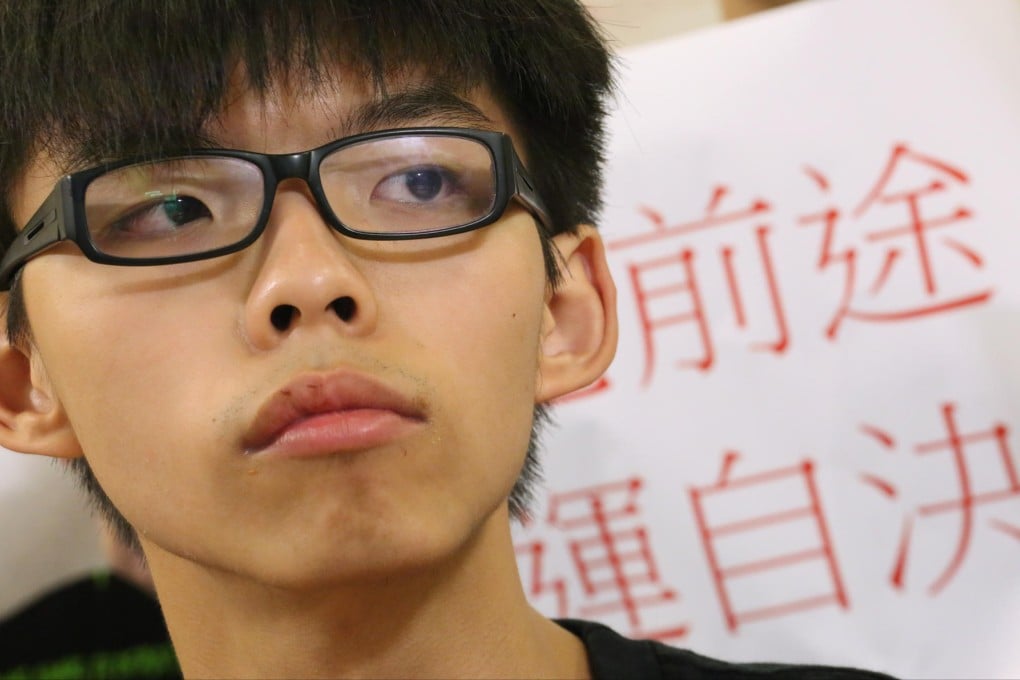Occupy Central's unofficial referendum hasn't eased pan-democrat conflict
Weakened by pullout of Democrats, alliance unlikely to be able to press its proposal

Occupy Central's unofficial plebiscite on electoral reform may not have been expected to do much to resolve the debate over how to elect the next chief executive. But it also appears to have done little to resolve conflict within the pan-democratic camp.
Nearly 800,000 people voted, and more than 700,000 of them favoured one of three proposals, all of which included a right for the public to nominate candidates, which Beijing rejects.
While participants voted narrowly in favour of a proposal by the Alliance for True Democracy, comprising all but one pan-democratic lawmaker, over a proposal by student groups, it is clear the vote has not smoothed the path for veteran democrats to promote the winning plan.
The first cracks emerged as the results were being announced.
The leader of student group Scholarism, Joshua Wong Chi-fung, publicly challenged the alliance's proposal, which would allow a candidate to contest the election if they were put forward by a nominating committee, by 1 per cent of registered voters, or by a party that secured at least 5 per cent of votes in the last Legislative Council election.
"Does the alliance consider public nomination as indispensable?" Wong asked.
He said the votes for the alliance's plan were less than the combined votes for the students' proposal and that of People Power, and that these therefore outweighed the alliance plan.
